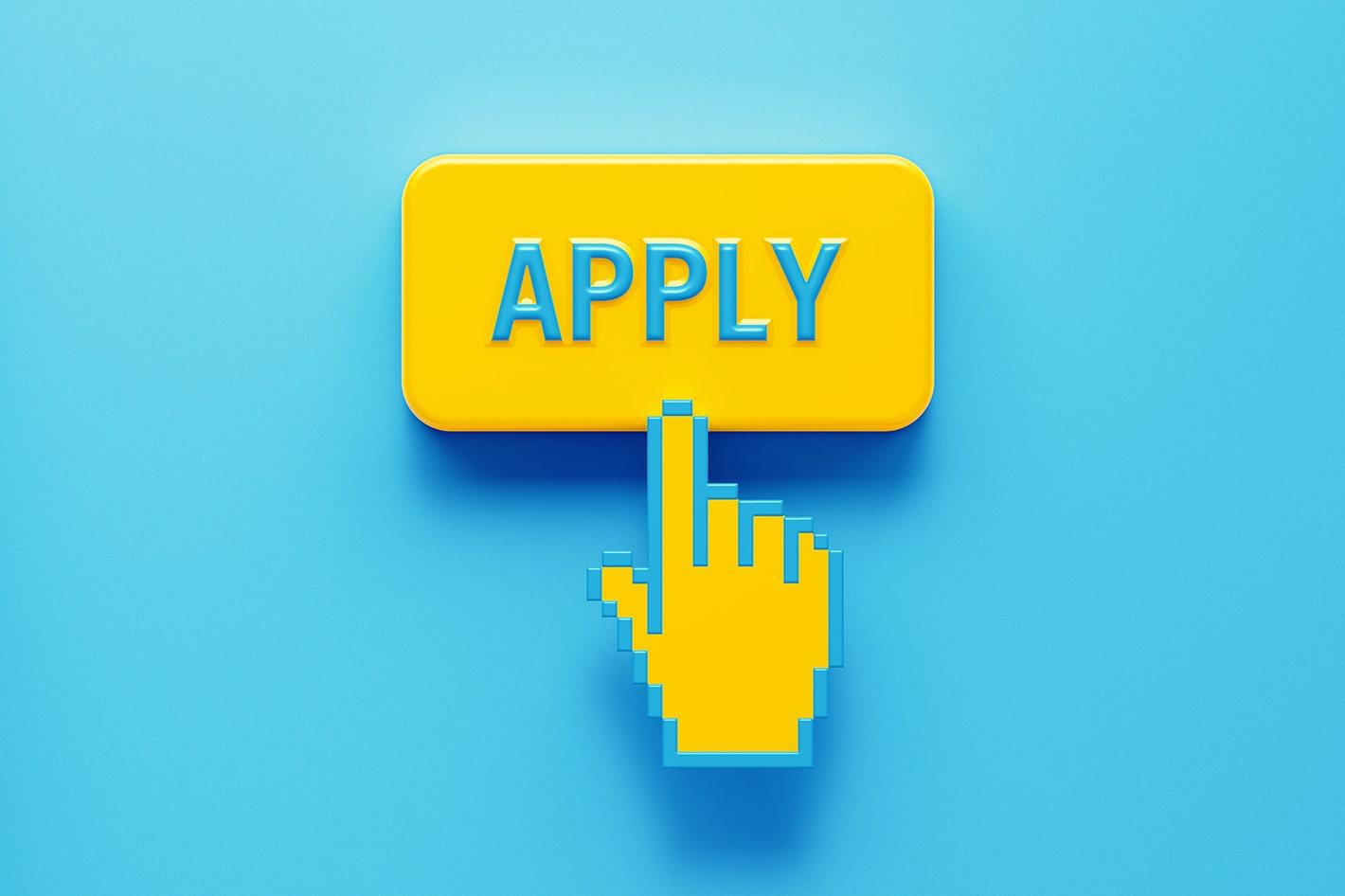
Things to Know Before You Apply for a Personal Loan
These three steps can help make your loan application process go more smoothly.
Planning a wedding. Buying a new car. Going on your dream vacation or remodeling your home. Life is full of exciting milestones, but they can often come along with a hefty price tag. Instead of putting off your goals, there are strategies to consider that can help you achieve them on your timeline. A personal loan is one option that can provide a straightforward and predictable way to finance your dreams.
However, before you take out a personal loan, there are a few steps you can take to ensure you’re well prepared for both the application process and repayment.
Comparing Loan Types and Offers
There are many advantages to taking out a personal loan compared to other types of financing, but it’s important to evaluate all your options before deciding how to obtain some extra funds.
A credit card can seem like the obvious choice to finance debt because many people already have one. While the accessibility and the potential to earn rewards are a selling point for some, there are a few drawbacks to consider. For instance, many credit cards have high interest rates and can result in a revolving cycle of debt if you’re unable to pay off the full balance each month. Also, using a credit card to finance a major purchase will increase your credit utilization rate. This rate is the amount of credit you’re using divided by the total amount of credit available to you. Changes in this rate can potentially impact your credit score.
Another option some might consider is a payday loan. Payday loans are usually easy to qualify for, which can make them attractive to people with below average credit scores, particularly those who believe they may not have other borrowing options. However, these loans tend to come with extremely high interest rates and short repayment windows, which can sometimes lead to a cycle of debt. Because of these factors, payday lending is prohibited in some states, while others have strict limits on the amount that may be borrowed.1
Then, there are personal loans. These are installment loans with a set repayment schedule. This means that you’ll have a fixed monthly payment, and you’ll also know how long it will take to pay back your loan in full. Plus, unlike revolving debt, installment loans won’t raise your credit utilization rate. Our interactive tool can help you learn more about how personal loans can impact your credit.
If you decide that a personal loan is the best option for your goals, then it’s time to figure out some specifics before applying.
Budgeting for a Personal Loan
Whether you’re remodeling your kitchen or planning your perfect wedding, establishing a budget for your goals — and your loan amount — is an essential step before applying for a personal loan.
Many financial experts recommend adhering to the 50/30/20 rule, which says you should spend up to 50% of your after-tax monthly income on necessities, 30% on wants, and 20% on saving or paying off debt. A personal loan would fall into the last category. Although it may be tempting to borrow a larger amount if your lender approves you, sticking to the 20% rule will help make sure you’re able to pay back your loan and avoid late or missed payments. If you’re creating a budget for the first time, our free budgeting worksheet can help you get started.
Depending on factors including your credit score, loan amount, repayment terms, and where you live, your lender might add an origination fee to your total loan amount. An origination fee can range anywhere from 0% to 10% of your principal. There might also be other fees associated with your loan, such as a failed payment fee, a pre-payment penalty, or a late payment fee, so it’s important to fully understand these terms before signing for your loan.2 Use an online loan payment calculator if you need help figuring out how much a loan might cost you month-to-month.
Once you’ve established a budget, it’s time to get things ready for your application.
Documents You May Need for a Loan Application
Applying for a personal loan may require you to submit documentation if your lender is unable to verify your identity, income, or address during the application process.
You likely will only need one or two documents per category. While requirements will vary by lender, the following are some of the most commonly accepted forms of identity, income, and address verification:


determining if and how much they lend to you. The credit score you need to get approved for a personal loan may vary by lender.
Understanding the nuances of the lending process ahead of time can help make your application process smoother. Carefully evaluating your options, establishing a budget, and collecting the proper paperwork for your loan might make your financial goals a reality sooner than you expect.
Unlock the Possibilities
Check out your loan options today, with no obligation or impact to your credit score.
Sources:
- “Payday Loan Information for Consumers,” Aug. 1, 2021, Consumer Federation of America
- Top 6 Things To Know Before You Take Out a Loan,” July 13, 2021, Money Under 30
- “What Documentation Is Required for Personal Loans?” Nov. 10, 2021, Bankrate.com

